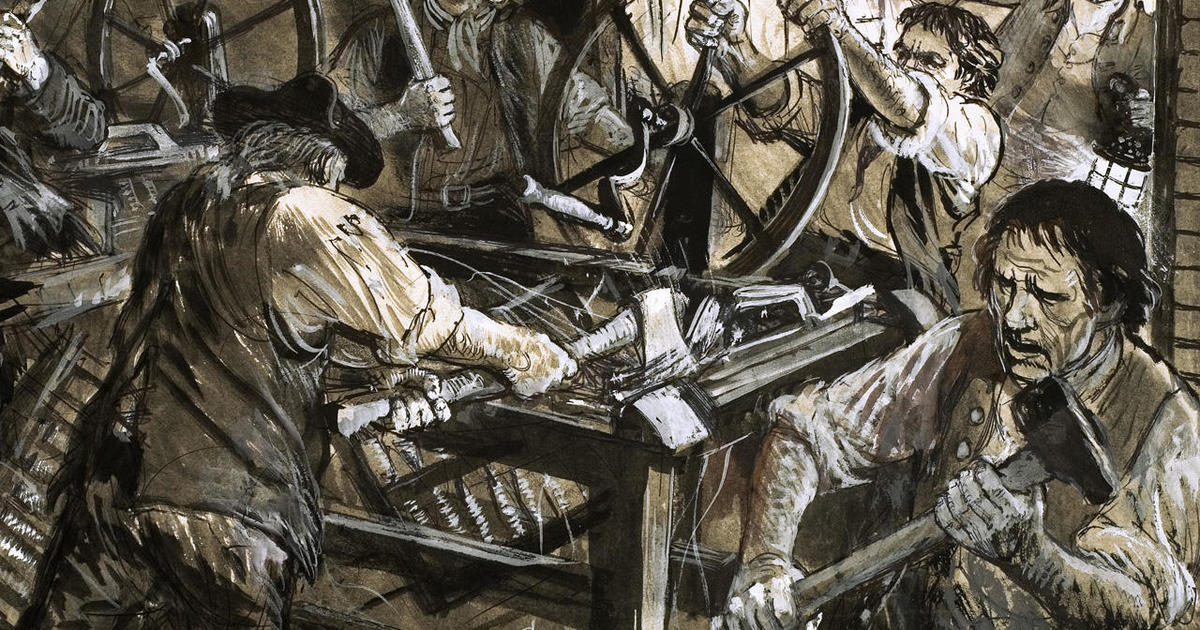Samantha Shapiro

Warren Montag, in his work, The “Workshop of Filthy Creation”: A Marxist Reading of Frankenstein, notes that a literary text, is a “node within a network” (469), perhaps a part of a whole. However, a literary text doesn’t merely have a place within history, but also develops meaning through readership, and shines a light on a collective readership. From this view, I interpret that Montag determined that Frankenstein’s creation was established as “the modern…singularity” of the masses, and thus indescribable due to breadth from the absence of the proletariat within the novel (480).

Through a defined and educating viewpoint, he unveils the tension and conflict in Frankenstein and his creation, basing the relationship between the two on a comparison of the new elites in the French and English revolutions “…[conjuring] up a monster that, once unleashed, could not be controlled” (471). He establishes tension created from the omissions in the text as a creation of a “world of effects without causes” (477).

Within his interpretation, the symbolism of the monster may hold true. However, the larger picture of history to me involves why and how a conflict was established, which can bring in human emotion. From Montag’s educating manner, the readers are neglected their ability to empathize with the creation/masses due distancing the reader from relating to the creation. While he notes there could be sympathy or pity, he fails to mention any other emotion, which is motif throughout the novel. Chapter Ten notes Victor’s change of emotions from seeing both nature, from grief to “rage and horror” from seeing the creation (92). The conflict between the two is characterized with rage and a lack of acceptance between one another, and Shelley does this through their dialogue. This expressive dialogue is seen with Victor exclaiming, “Begone, vile insect! or rather, stay, that I may trample you to dust!” or the creature responding, “Yet you, my creator, detest and spurn me…How dare you sport thus with life?” (92). These elements that develop the complex relationship between the two could add more depth to the conflict between the two, but remains untouched.

